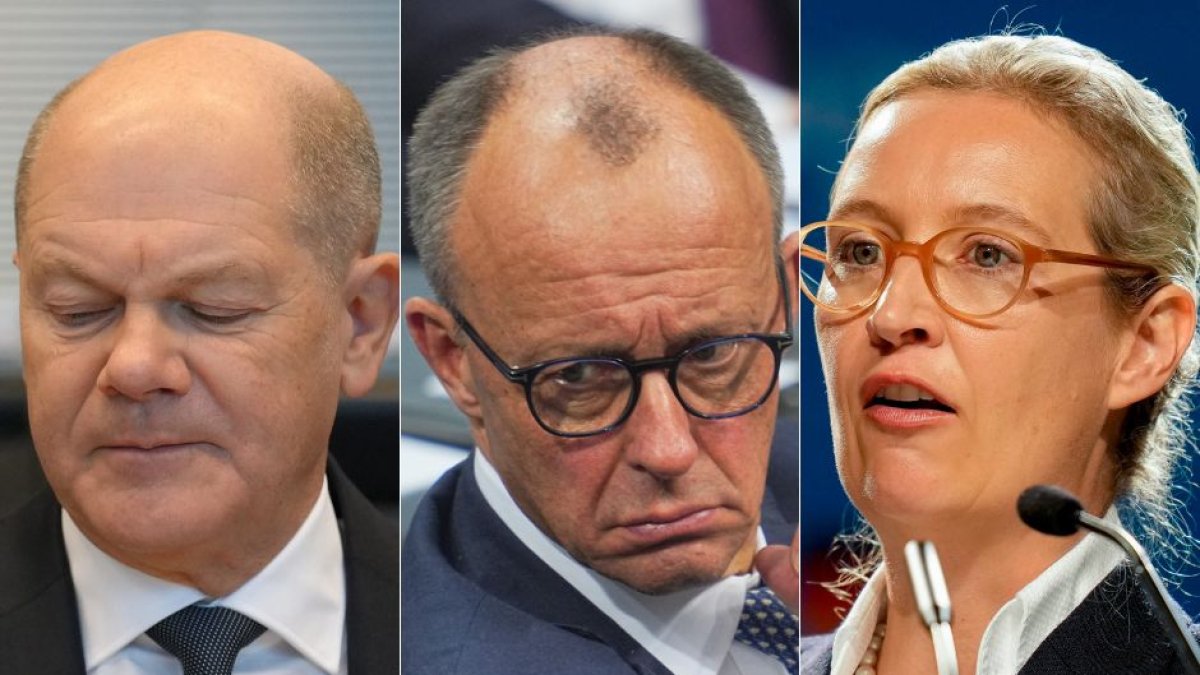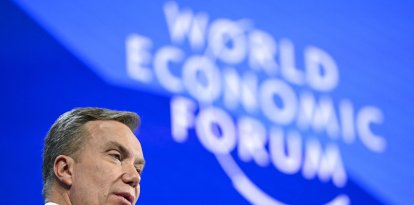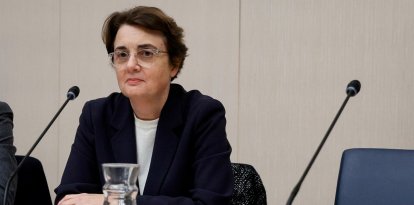German elections: polls sink Scholz and elevate AfD
The chancellor would leave power and lose more than 10% of the votes he won in 2021. The center-right CDU/CSU party would win.

Olaf Scholz, Friedrich Merz and Alice Weidel
Germany's federal elections - which are being held early this February 23 - will change the country's political, economic and social course. Because the left would suffer a resounding collapse: they are very close to losing power and their majority in the Bundestag (equivalent to the House of Representatives).
This is what the polls show. Eight major pollsters -compiled by Reuters- give the victory to the center-right CDU/CSU union with 29.3% of the vote, improving on the result it obtained in the 2021 federal election (24.07%, second place). However, its candidate, Friedrich Merz, would have to seek support, either to his left or to his right.
Three parties would come into play here. On the left of the political spectrum is the SPD, led by the current chancellor, Olaf Scholz. His formation won the victory in 2021 thanks to 25.74% of the votes, but would see how it would suffer a historic collapse in this appointment. The polls give it a result of 15.5%, losing more than ten points of support and falling to third place.
Also on the left, the CDU/CSU could ally with the FDP -which supported Scholz to become chancellor in 2021-. The Liberal party - with Christian Lindner as a contender - would plummet from the 11.46% it achieved in 2021 to 4%.
On the right, there is the AfD, backed by Elon Musk. Of more conservative cut, the party led by Alice Weidel would be the big benefactor of these elections: it would rise from fifth to second place and would go from the 10.34% of votes it got in 2021 to 20.7%.
If this result were to occur, Merz and Weidel could form an alliance - without the need for other parliamentary support - that would oust the left from power. It would not be unreasonable to see such a pact, since, previously, there were legislative agreements between the CDU/CSU and the AfD.
The German and European campaign against the AfD
His sudden rise - with international personalities like Musk endorsing him, is something that generated a veritable 'earthquake' in Germany and in Europe- heightened tensions and triggered nervousness not only among the rest of the German parliamentary arc, but also in Brussels. In response, a campaign was launched to discredit and isolate him.
Continuing with the polls, the SPD would not be the only left-wing party to collapse. Bündnis 90/Die Grünen (or The Greens, who raised Scholz to the chancellorship) would worsen their electoral result, albeit minimally: from the 14.75% they achieved in 2021 to 13.1%, falling from third to fourth position. Their candidate is Robert Habeck.
Of the main parties aiming for more than 5% of votes, would appear, lastly, Die Linke. Located on the far left of the political spectrum, it would improve by about two points compared to the last elections: from 4.89% to 6.5%.

























